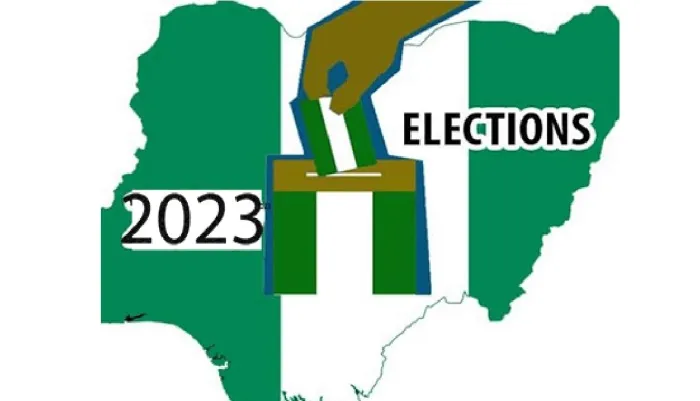The looming voter apathy in the forthcoming elections
The coming into force of the amended Electoral Act 2022, has ushered in a stage in Nigeria’s democracy where the gains of various efforts of electoral reforms have come to fruition. Though it may not be termed as totally perfect, but the requisite paraphernalia have been put in place for free, fair, transparent and credible […]

The coming into force of the amended Electoral Act 2022, has ushered in a stage in Nigeria’s democracy where the gains of various efforts of electoral reforms have come to fruition. Though it may not be termed as totally perfect, but the requisite paraphernalia have been put in place for free, fair, transparent and credible elections to be conducted.
All the major stakeholders, including political parties, civil right organisations, and others have testified to the preparedness of the electoral umpire, the Independent National Electoral Commission (INEC), to guarantee a level playing ground for all contestants. All the procedures and processes preceding the elections have been strictly conducted by INEC in accordance with the new electoral act. What remained ignored that equally need attention is voter education.
The greater proportion of the voting population is in the rural areas. Most of them are barely educated and peasant farmers that are struggling to survive. Due largely to the security and economic realities on ground, this category of voters is disgruntled, displaced, dislocated and dissatisfied with the governance and political arrangement.
The dividends of democracy that they expect to guarantee their safety, security, peace and stability have since become illusive. They are mostly left at the mercy of criminal non-state actors carrying weapons and terrorizing them in their areas.
Most of them can hardly have time to vote because they are displaced from their villages by bandits. Some are forced to sit at home and abandon their economic activities by secessionist movements. And those that were not forced out of their villages were sacked from their homes and farms by ravaging floods that have wreaked havoc in more than 33 states and resulted in loss of lives and properties worth billions of naira.
However, the political parties and other stakeholders in the electoral process are busy trying to outdo one another with paid crowds in cities in the name of “one million marches” which are glaringly a sham. They concentrate all their efforts on the people in the cities that are already enlightened and have formed their voting opinions. And some of them don’t even have their permanent voters’ cards (PVCs). These rallies barely have any impact on the voters in the villages which form the greater percentage of voters.
The contestants and political parties should, therefore, use the greater part of their campaign resources in educating, enlightening and raising the awareness of voters in the rural areas. They should also convince them to come out and vote on election days.
The federal, state and local governments should embark on vigorous campaigns in the rural areas to build the confidence of the dwellers and motivate them to participate in the electioneering process. Agencies such as the National Orientation Agency, NOA, local radio stations and other media should be properly deployed and utilized to reach out to the internally displaced persons (IDP) camps, remote hamlets and villages to show them the importance of the elections to their lives and the life of the nation in general.
If proper measures are not taken and timely also, voters’ apathy will undermine the credibility of this forthcoming election.
Usman Aliyu Elnafaty DP21, Fadamar Jaji Behind Federal Secretariat Bauchi
